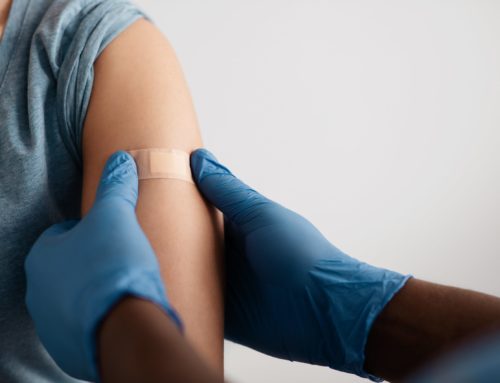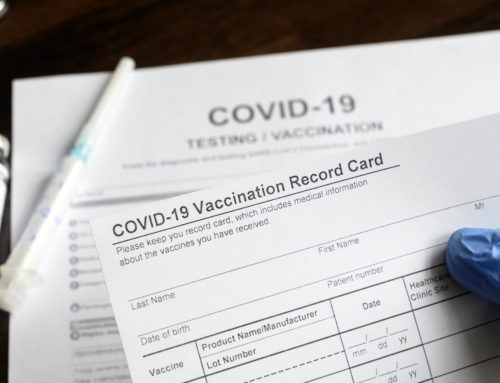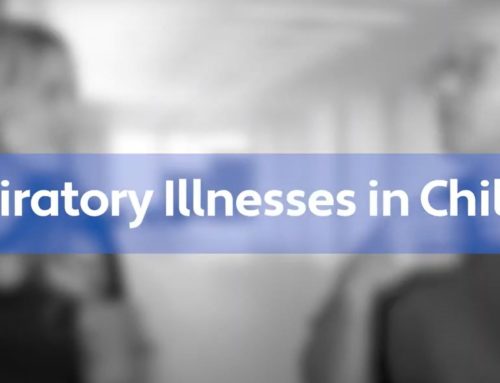Many people have formed their own opinion about coronavirus, and have spread a lot of misinformation. This makes it difficult to understand what safety measures to take, and where to turn for information. To help, we’ve organized a list of frequently asked questions about Coronavirus and included answers based on information from the Centers for Disease Control and Prevention (CDC). Learning the facts about coronavirus allows you to take better care of yourself and those you love. We always recommend contacting your healthcare provider for medical advice. This information is meant to provide general knowledge, and not to replace advice from your healthcare provider.
How Long Does the Coronavirus Last on Surfaces?
Unfortunately, we don’t have the answer. The CDC says that it does not know how long COVID-19 can last on surfaces. Since COVID-19 is not the first coronavirus, they point to past experiences with other strains of this disease. In the case of SARS-CoV-2, the virus could live for hours or days on many types of surfaces. Cleaning and disinfecting cuts down on the time that the virus can live on surfaces, and reduces the risks of contracting the virus.
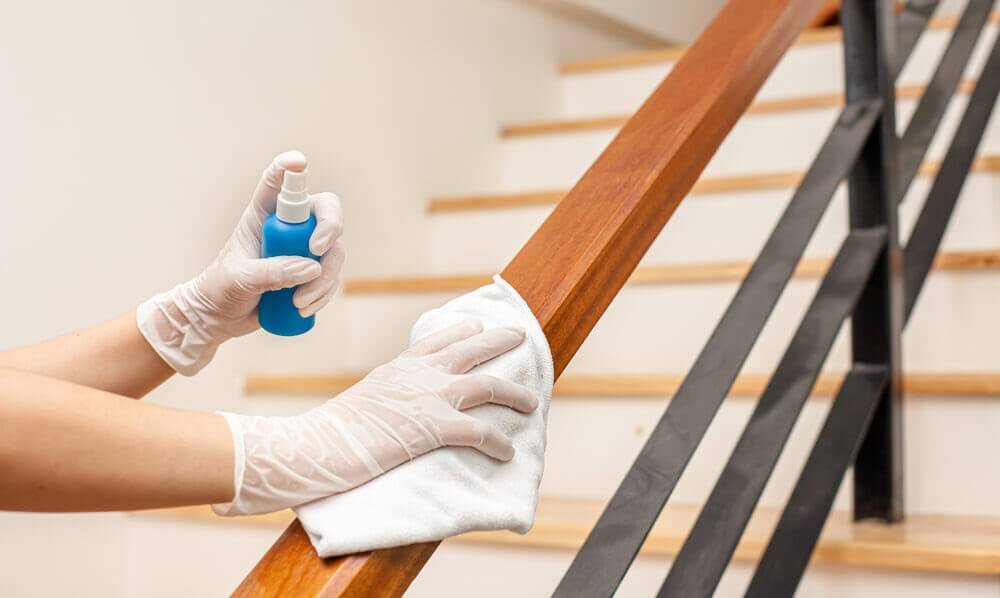
What Is the Recovery Time for the Coronavirus Disease?
According to the CDC, the recovery time for the coronavirus disease varies between individuals. If you think you have COVID-19 and have not had a test, the CDC says that you should remain at home for at least 10 days after your first symptom appeared, be free of a fever for at least 72 hours without using medicines, and make sure all symptoms have improved. If you have been tested, then you can leave home after you have been free of fever for at least 72 hours, your other symptoms have improved, and you have received two negative tests at least 24 hours apart. If you tested positive but have no symptoms, you should remain at home for 10 days.
How Severe Is the Coronavirus Disease?
The severity of the coronavirus disease varies between individuals. The CDC calls the coronavirus a serious health risk. According to the CDC, older people and people with underlying health problems are more at risk of serious complications from coronavirus disease. Additionally, those living in nursing homes and other long-term homes are at a higher risk.
Can the Coronavirus Disease Spread Through Air?
According to the CDC, the most common way for the coronavirus disease to spread is through the air. The virus spreads through respiratory droplets that those who have the disease spread when they cough, sneeze, or talk. These droplets carry through the air and land in the nose or mouth of another individual. They may also be inhaled into the lungs. The CDC says that it is unknown how long the air in a room may remain potentially infectious, where someone has been who has the disease.
Is Coughing a Symptom of the Coronavirus Disease?
The CDC says that coughing is one sign of coronavirus. Other symptoms include shortness of breath, fever, muscle pain, chills, sore throat, and new loss of taste or smell.
Can You Contract the Coronavirus Disease by Touching a Surface?
While findings related to this are still inconclusive, the CDC recommends that you thoroughly clean all surfaces that may have been touched by a person believed to have been sick with coronavirus. They suggest that you also use an EPA-registered product to disinfect all surfaces.
Who Is Most at Risk for the Coronavirus Disease?
According to the CDC, there are many different groups that have a higher risk of getting coronavirus. People over the age of 65 have a higher risk, along with those living in a nursing home or another type of long-term care facility. Others who are at a higher risk include:
- Individuals with lung disease
- People with moderate to severe asthma
- People with severe heart disease
- People receiving cancer treatments
- Smokers
- Bone marrow or organ transplant recipients
- Individuals with poorly controlled HIV or AIDS
- People taking immune-weakening medications, including corticosteroids
- Individuals who have a BMI of over 40
- Individuals with diabetes
- People with kidney issues or taking dialysis
- Individuals with liver disease
What Should You Do If You Think You Have the Coronavirus Disease?
As per the CDC, if you think you have coronavirus, you should stay home. Make sure that you stay hydrated, and you can take acetaminophen to feel better. Stay away from other family members and remain in an isolated area, if possible. Call your physician and follow their advice, and do not go to the doctor without calling first.
If you feel like you have a medical emergency, then call an ambulance. Symptoms of a medical emergency might include chest pain, lips or face turning blue, inability to wake or stay awake, new confusion, or trouble breathing.
How Does the Coronavirus Disease Spread?
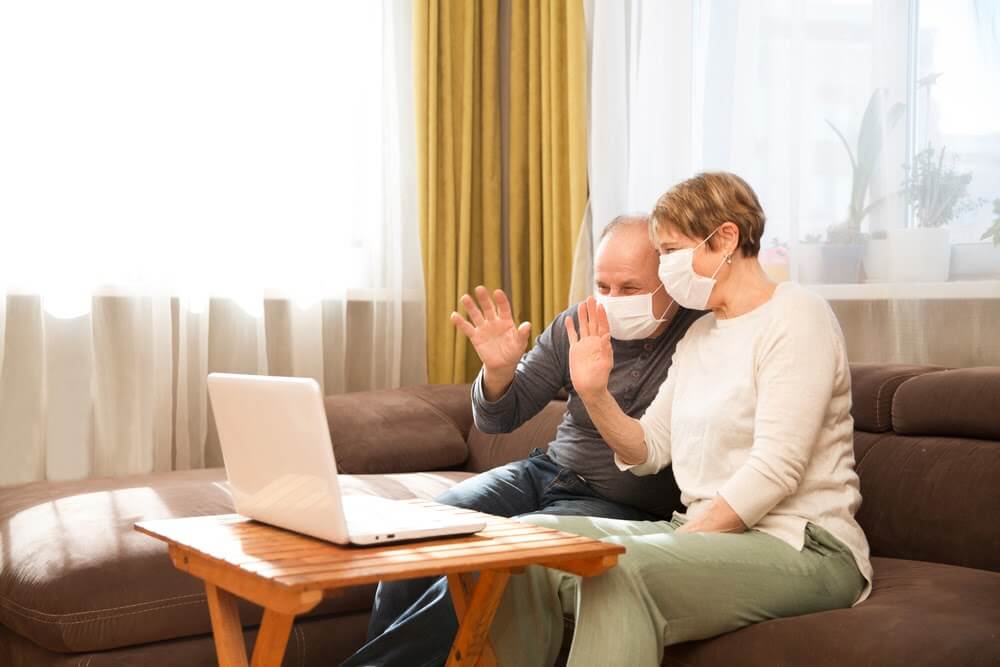
It is believed that coronavirus spreads mainly from one person to another. The primary way that it spreads is through droplets that a person spreads when they talk, sneeze, or cough. The droplets land in the mouth or eyes of another person, or they can be inhaled into the lungs. It is also possible that a person can get the virus from touching an infected surface, right before touching their eyes, nose, or mouth.
How Should You Prepare to Be Isolated at Home Due to COVID-19?
Avoid close contact with others outside of your household and clean your home regularly. Wash your hands frequently. If COVID-19 hits your community, stay home, stay informed, and stay in touch with others. Watch the emotional health of all family members. Stay in touch and be flexible with your child’s teachers and your place of employment.
Coronavirus information changes rapidly. Therefore, you should stay in touch with the latest CDC guidelines. You should also contact your family’s medical provider, if necessary, to get information that applies to your circumstances. Together, we can beat this novel coronavirus. If you would like more information, reach out to us at TopLine MD.
References:
https://www.cdc.gov/coronavirus/2019-ncov/prevent-getting-sick/cleaning-disinfection.html
https://www.cdc.gov/coronavirus/2019-ncov/if-you-are-sick/steps-when-sick.html
https://www.cdc.gov/coronavirus/2019-ncov/symptoms-testing/symptoms.html
https://www.cdc.gov/coronavirus/2019-ncov/cases-updates/summary.html#risk-assessment
https://www.cdc.gov/coronavirus/2019-ncov/prevent-getting-sick/how-covid-spreads.html?CDC_AA_refVal=https://www.cdc.gov/coronavirus/2019-ncov/prepare/transmission.html
https://www.cdc.gov/flu/weekly/index.htm
https://www.cdc.gov/coronavirus/2019-ncov/covid-data/covidview/past-reports/04102020.html
https://www.cdc.gov/coronavirus/2019-ncov/covid-data/covidview/index.html
https://www.cdc.gov/coronavirus/2019-ncov/faq.html
https://www.cdc.gov/coronavirus/2019-ncov/daily-life-coping/get-your-household-ready-for-COVID-19.html
https://www.cdc.gov/coronavirus/2019-ncov/covid-data/pdf/covidview-05-08-2020.pdf

